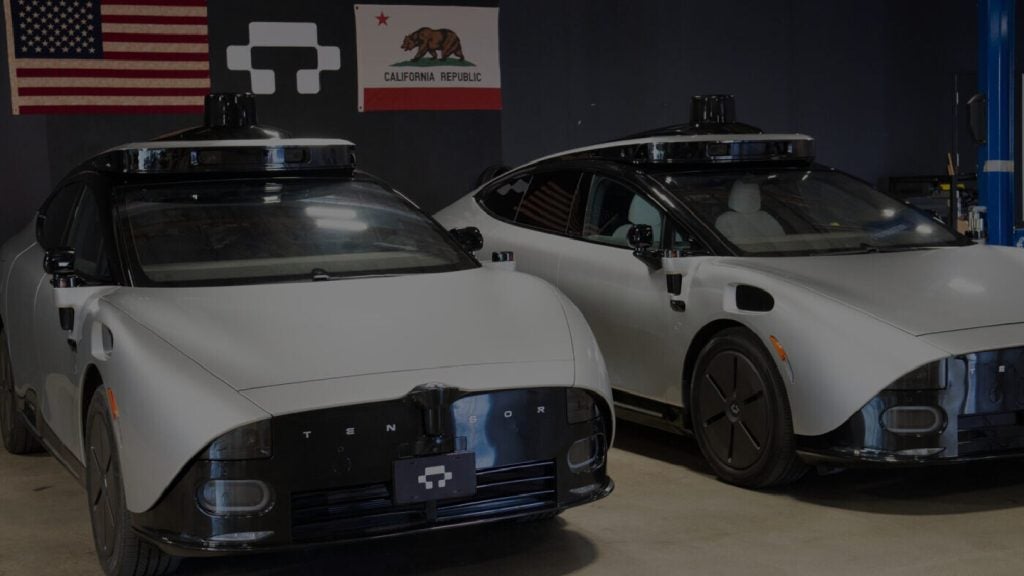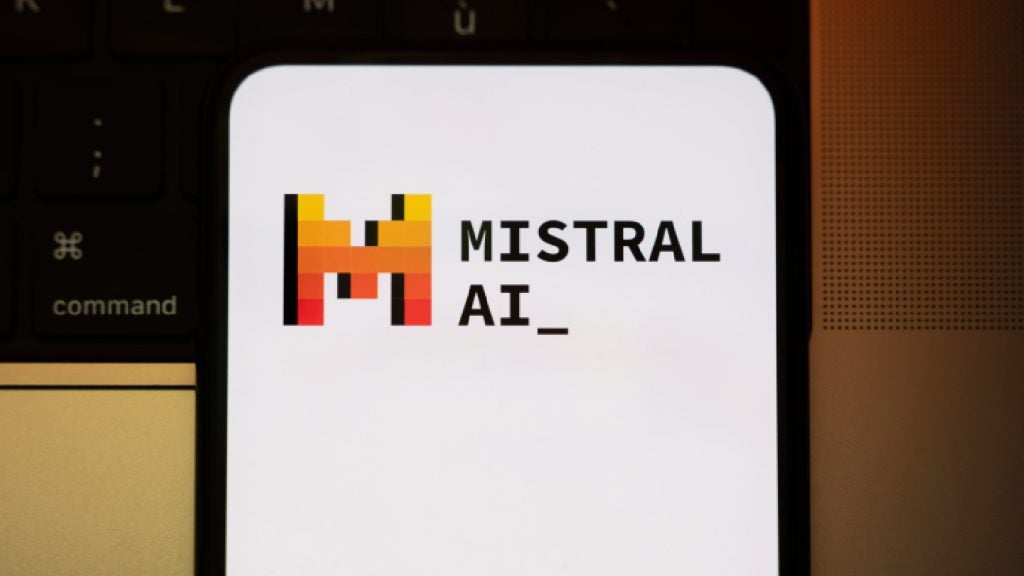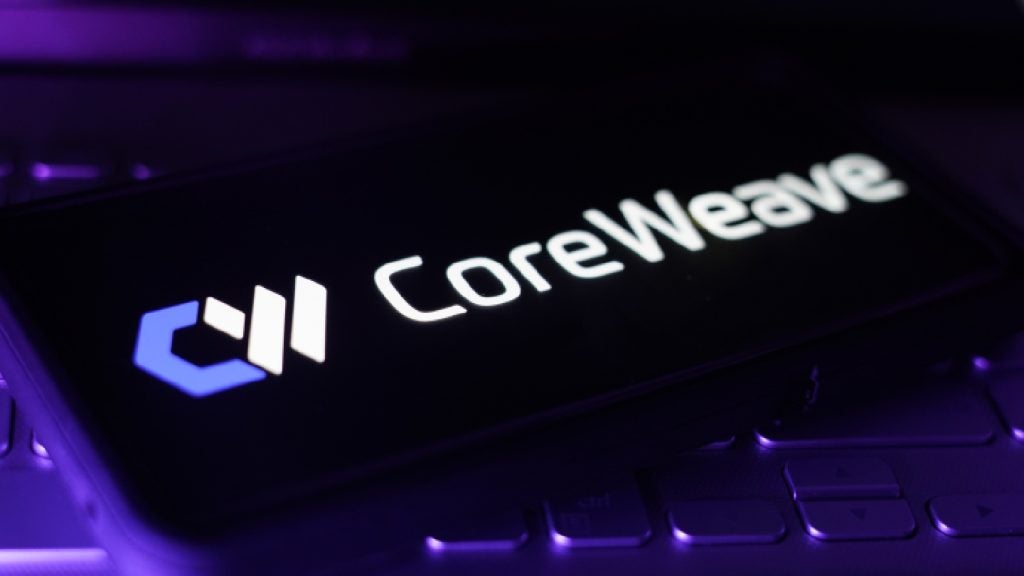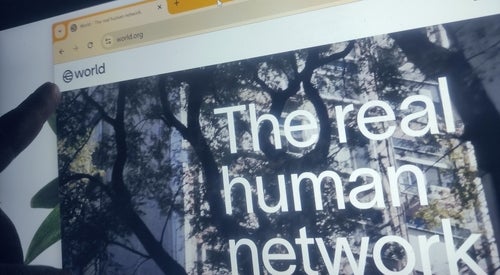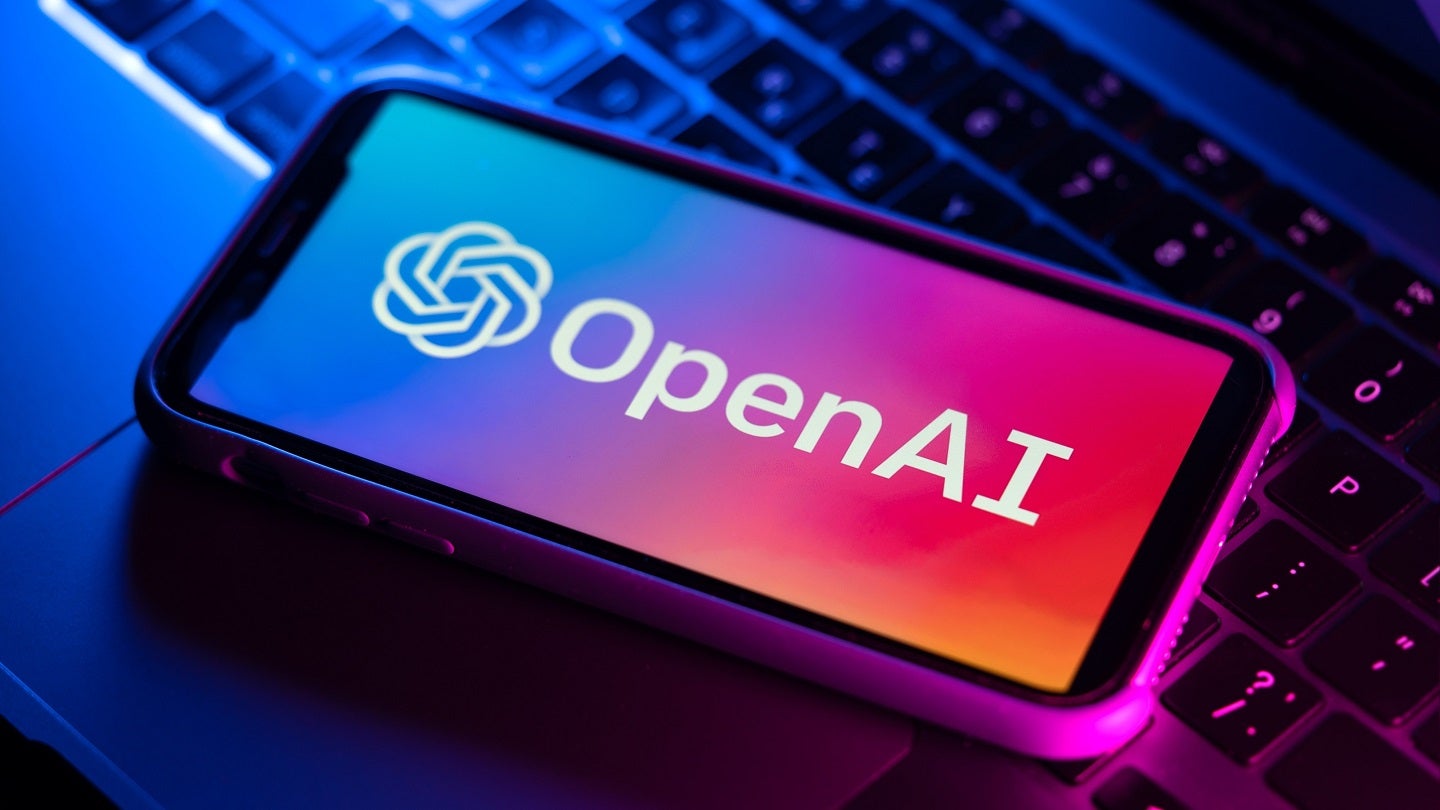
OpenAI has unveiled a new feature enabling businesses to customise its most advanced AI model, GPT-4o, using their own data.
Fine-tuning, which was not previously available for GPT-4o or its predecessor GPT-4, allows AI models to be trained on specific tasks or subjects.

Access deeper industry intelligence
Experience unmatched clarity with a single platform that combines unique data, AI, and human expertise.
However, OpenAI has offered fine-tuning options for some of its other models, including GPT-4o mini, a more affordable and streamlined variant of GPT-4o.
OpenAI said: “Developers can now fine-tune GPT-4o with custom datasets to get higher performance at a lower cost for their specific use cases. Fine-tuning enables the model to customise structure and tone of responses, or to follow complex domain-specific instructions.”
The capability to fine-tune AI models is not new in the tech industry, but OpenAI’s approach simplifies the process for its customers, according to Bloomberg.
This strategic move is expected to further strengthen OpenAI’s position in the competitive AI market and help businesses capitalise on their AI investments.

US Tariffs are shifting - will you react or anticipate?
Don’t let policy changes catch you off guard. Stay proactive with real-time data and expert analysis.
By GlobalDataOpenAI head of product Olivier Godement said businesses can now directly work with OpenAI to adapt the GPT-4o model, potentially bypassing the need for external services or less advanced options.
“We have been extremely focused on lowering the bar, the friction, the amount of work it takes to get started,” Godement added.
To initiate the fine-tuning process, companies must upload their data to OpenAI’s servers.
The training usually takes an hour or two, explained OpenAI software engineer John Allard.
However, the current fine-tuning is limited to text data and does not include images or other types of content.
“From coding to creative writing, fine-tuning can have a large impact on model performance across a variety of domains. This is just the start—we will continue to invest in expanding our model customization options for developers,” the company said.
In a separate development, OpenAI has entered into a multi-year partnership with Condé Nast to integrate content from the publisher’s brands, such as Vogue, Wired, and the New Yorker, into OpenAI’s products.
These collaborations, which also include agreements with Time magazine and others, provide OpenAI with vast text archives essential for training its language models and sourcing real-time information.



